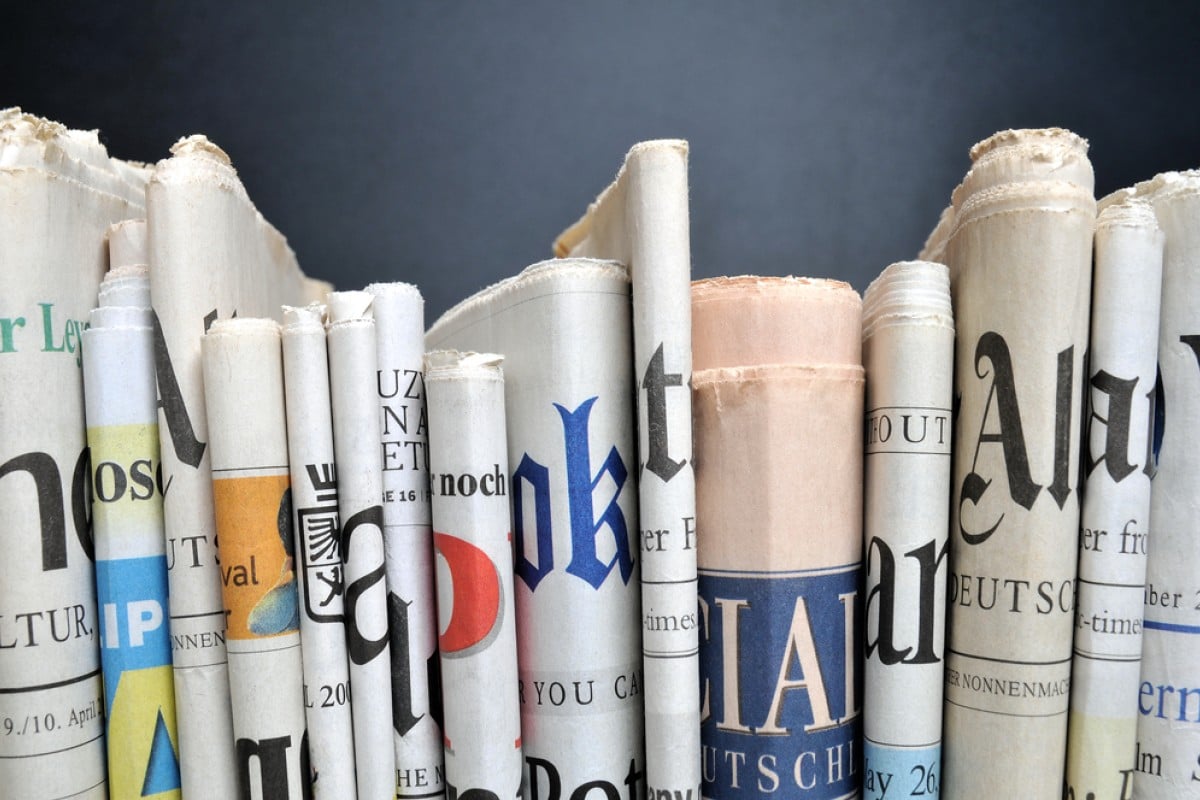
How to write a news article
- Our editor teaches you about the proper structure of a news story
- Learn about the six 'W' questions and where to put your best quotes

News articles are written very differently from the way you write for school, or creatively.
News gets the most important information into the very first sentence. It needs no introduction, only facts, context, and quotes. Here are five simple steps to write a clear and concise news story.
1. In the first sentence, tell us what happened
2. By the end of the second paragraph, answer the six “W” questions: who, what, when, where, why and how.
3. Add your best quote.
4. Add detail, then another quote, and more detail. Alternate quotes and more details until you are done. Build a quote and detail sandwich until you are done.
5. Tell us where the photos are and who took them. Photos also need captions which describe what is happening in them. If there are people in the photos, include their full names starting with the person on the left.
After you are done, read your article out aloud, and make sure to check the facts and the spelling of all the proper nouns. This may be surprising, but coming up with a headline is optional. Newspapers will have editors who will read your work and do this for you.
Put your name (as you wish it to appear on your article), and contact details at the top of your word document. Add your school name and country in case we need it.
Join the Young Post Junior Reporters Club
Know your ABCs
News reports should be Accurate, Brief and Clear. Let's unpack those:
We only want the facts. You, as a news writer, are seldom qualified to give us the facts, unless you actually see something happening, like at a sports match. You are reporting what other people say or do, and you can support that with facts from other sources too. You must attribute or give proper credit to your sources.
NO: More and more teenagers in Hong Kong are taking drugs. Morning Light, an NGO that helps teens overcome drug problems...
YES: More teenagers are taking drugs in Hong Kong says Morning Light. The NGO, which helps teens overcome drug problems, carried out a survey...
Then, if your story is more in depth than just reporting what Morning Light says - and most times it should be - you are going to go and look at the official figures, to see if they match what Morning Light said.
Social media literacy basics: Your posts will exist forever
What’s the most important thing in this news story?
For example, when looking at your story about your school's annual Sports Day, ask yourself: What is the most important thing in this story?
Is it that your school held its sports day? Nope.
Is it that everyone was happy? Nope
Is it that you enjoyed it more than you thought you would? Double nope.
It's about who won. It could be the person who broke a record, or the most records. It could be the person who won the most races. It could be that Yellow House dominated again. It could be that an underdog had a surprise win. Whatever is most interesting and most important about the story is your first sentence.
